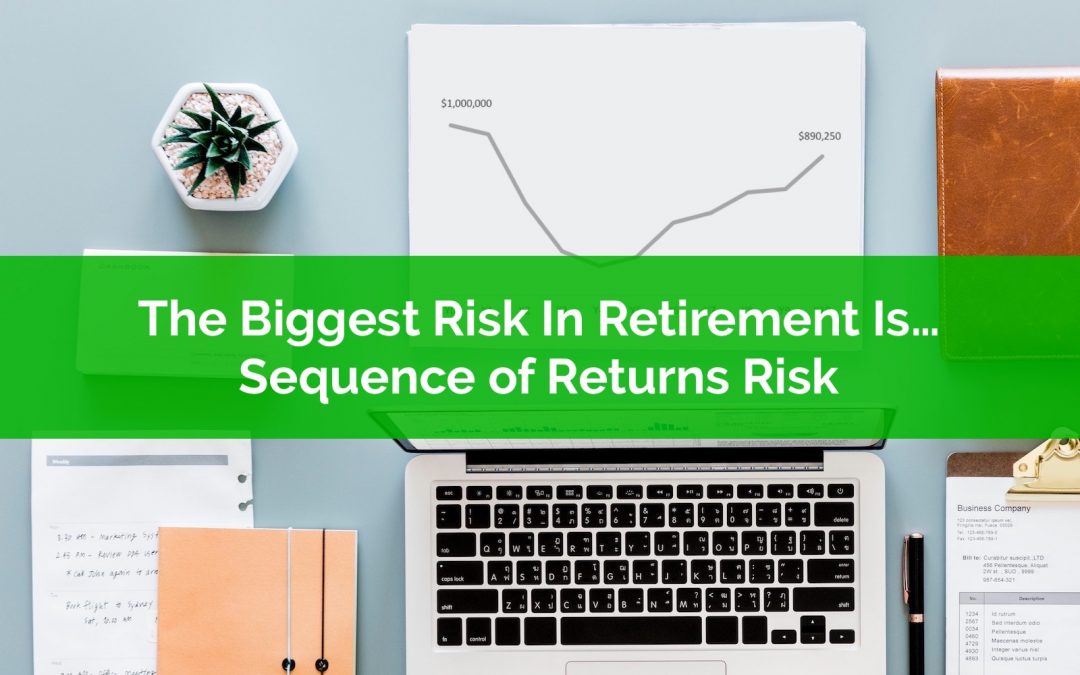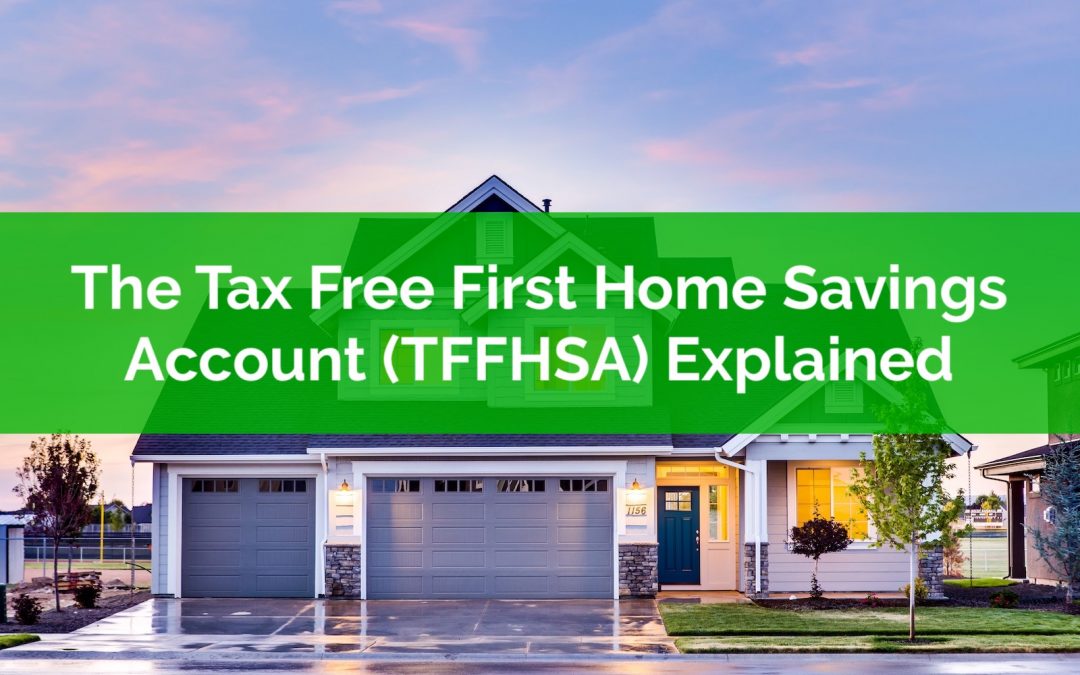
by Owen | Dec 11, 2023 | Government Programs, Income, Investment Planning, Retirement Planning, Tax Planning
A solid retirement plan can help unlock hidden opportunities and it can help make retirement easier and more enjoyable. In this blog post we’re going to explore a retirement planning case study with only $250,000 in financial assets at retirement.
We’re going to help them maximize government benefits, minimize taxes, and increase spending in retirement.
To do this we’re going to use a few different retirement planning strategies…
Retirement Spending Phases
– RRSP Meltdown
– GIS Maximization
– Strategic RRSP Contributions 65-71
– Strategic RRSP Withdrawal At 72
– CPP & OAS Timing
Don’t forget to watch the video where we build this retirement plan in real time. If you enjoy this case study and would like us to do a case study based on your situation, then please leave a comment.

by Owen | Nov 27, 2023 | Financial Goals, Investment Planning, Tax Planning
The TFSA is an amazing account and it just got a little bit better. The contribution limit for 2024 is an additional $7,000. This means that as of January 1st 2024, anyone over the age of 18 in 2009 will have $95,000 of TFSA contribution room if they’ve never contributed before!
What makes the TFSA so amazing is the tax free compounding and when this compounding starts to take hold the results are incredible (just take a look at some of the projections below).
It’s reasonable to expect that many of us with TFSAs will see them reach $1,000,000+ at some point in the future. It’s just a matter of time. We’ll share some projections below but its pretty reasonable to expect that TFSAs could reach $5M, $7M or even $10M+ (in future dollars).
In fact, having TFSAs that reach $1,000,000+ is pretty common in many retirement projections that we do at PlanEasy.
Often, from an income tax and estate planning perspective, we want to draw down TFSAs last in retirement (or sometimes they’re also draw down strategically to avoid higher marginal tax brackets). We’re also strategically shifting assets from RRSPs/RRIFs into TFSAs over time. This leads to some very large TFSA balances and very little tax on the estate (depending on future investment returns of course).

by Owen | Jun 11, 2023 | Financial Planning, Investment Planning, Retirement Planning
There are a lot of risks that we face in retirement. When you enter retirement, there are lots of changes happening all at once. Along with big personal changes, and lifestyle changes, there are also big changes happening to your finances. After you enter retirement one of the biggest financial changes you’ll face is a shift from a regular income source (eg. employment) to an income source based entirely on your own savings and pension. Making this switch can create a few risks, one of those risks is the risk of running out of money.
One of the biggest risks facing retirees is something called sequence of returns risk. When a good portion of your retirement income comes from your own savings this is the biggest risk a retiree can face. But what does “sequence of returns risk” mean exactly?
Before we talk about sequence of returns risk it’s important to understand that most retirement plans are based on an assumed (and constant) investment return each year. This investment return is usually assumed to happen in a straight line with the same percentage return each year. An assumed return of return of 5% would be 5% per year starting on the day you retire, but in reality your investment return is going to fluctuate from year to year, and this is where the risk comes from.
Over the short-term you will probably see your investment return fluctuate greatly from year to year. Instead of seeing investment returns of +5%, +5%, +5%, +5%, +5%, you might see +20%, +2%, -10%, +15%, +1%. In this case the average return is still +5%, but there were some huge swings from year to year. “Sequence of returns risk” refers to this sequence, the actual investment returns you see year after year.
The big risk for retirees happens when the sequence is negative for a few years in a row. Even if average investment returns recover over the long-term, that short period of negative returns can have a devastating effect on a retiree’s portfolio.

by Owen | May 29, 2023 | Financial Planning, Investment Planning, Retirement Planning, Tax Planning
When to convert RRSP to RRIF? What is the right time to convert? What are the advantages of converting?
Converting an RRSP to a RRIF is mandatory by the end of the year you turn age 71. This triggers mandatory minimum withdrawals the following year and each year after that. The minimum withdrawal is based on the ending balance the previous year and the account holder’s age.
There is a common misconception that you should wait until the last possible moment to convert an RRSP to a RRIF. Maybe this is because it’s a “forced” conversion? Something that’s forced couldn’t be good right? Perhaps it’s because RRSPs grow tax free? Why not delay withdrawals as long as possible, why voluntarily make withdrawals by converting to a RRIF early?
Despite the misconceptions above, in many cases, converting an RRSP to a RRIF should be done much earlier than age 71.
There are many reasons for a retiree to convert an RRSP to a RRIF well before the mandatory age of 71. In this post we’ll highlight some of the considerations when deciding when to convert RRSP to RRIF.

by Owen | Apr 24, 2023 | Behavioral Finance, Buying A Home, Financial Planning, Government Programs, Investment Planning, Retirement Planning, Tax Planning
The largest financial transaction you will ever make is selling your home in retirement. Selling your home in retirement comes with a number of important considerations.
In this blog post we’re going to touch on 9 important things to consider when selling your home in retirement.
Selling a home in retirement can be a core part of many retirement plans. A sale usually takes one of three forms…
– Sell and rent
– Sell and downsize
– Sell when entering long-term care
Often the plan is to hold the home throughout retirement, but it can still be used as a “fall back” asset if necessary. Even if there was never a plan to sell the home, it can still be used to help fund long-term care costs in late retirement.
Each situation above has its unique circumstances but, in all cases, there is a major transaction taking place. So, before you put up the ‘for sale’ sign in retirement there are a few important considerations to highlight.

by Owen | Apr 3, 2023 | Buying A Home, Down Payment, Financial Planning, Government Programs, Investment Planning, Retirement Planning, Tax Planning
There is a new tax advantaged account in Canada, the First Home Savings Account! Along with the TFSA and RRSP, the new First Home Savings Account (FHSA) is another great way to reach your financial goals in a very tax efficient way. The account provides a significant advantage to those planning to purchase their first home and creates a new option for parents who are thinking about helping their children with a future home purchase.
The new First Home Savings Account (FHSA) does add a little bit of complexity to an already complex landscape of tax planning options, however like the TFSA and RRSP, if used properly it can help accelerate progress towards financial goals like purchasing a home and planning for retirement.
When saving and investing for future goals you can now choose between TFSA, RRSP, and the new FHSA, and for families with small children, there is the RESP too.
The new First Home Savings Account is very new, so in this post we’re going to explore how this account works, the eligibility criteria, the contribution and withdrawal rules, some things to possibly watch out for, and some strategic options when using it within your financial plan.






